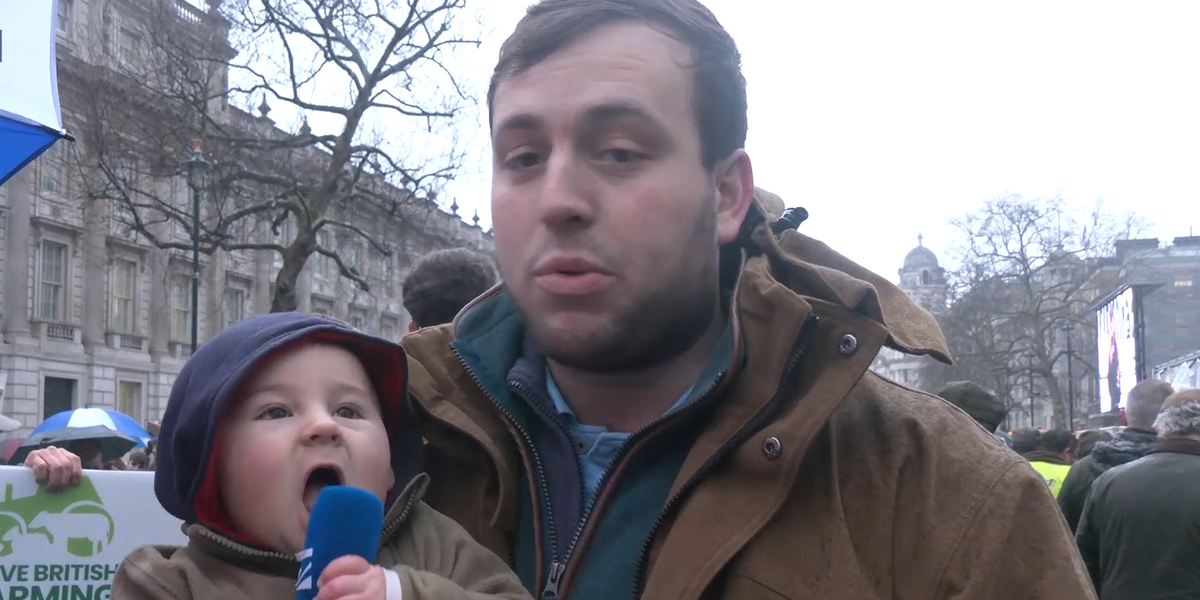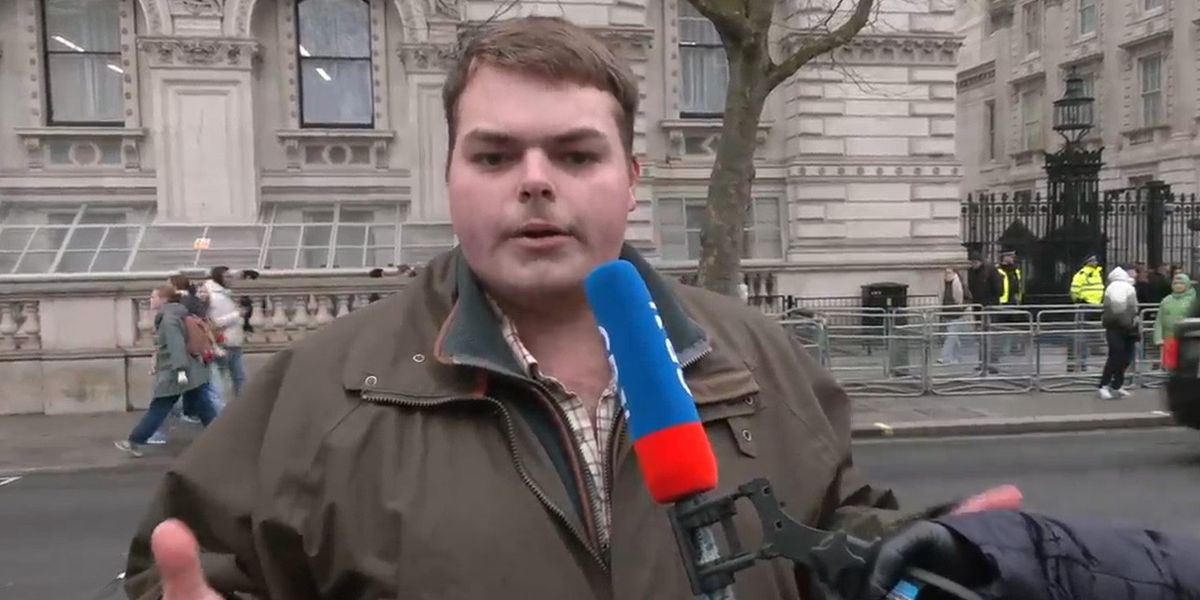Taxpayers are likely to fork out an extra £2billion on public sector pensions next year as higher inflation forecasts drive up costs for “gold-plated” schemes, analysts have warned.
The increase will push Britain’s public sector pensions bill to £57.3billion in the 2026/27 tax year, adding further pressure on Chancellor Rachel Reeves to raise revenue and cut spending.
Around five million public sector workers in the UK currently benefit from lucrative salary-linked schemes that provide a guaranteed income for life with the Treasury already facing a £54.3billion bill for public sector pensions in 2024/25.
The Bank of England has revised its inflation forecast upward to 3.7 per cent for this year, nearly one percentage point higher than its previous estimate of 2.75 per cent.
Public sector pensions are adjusted each April based on the previous September’s inflation figure, meaning retired workers will see their payments increase accordingly.
Do you have a money story you’d like to share? Get in touch by emailing [email protected].
Civil servants are going to get a £2billion pension boost paid for by taxpayers
GETTY
Retired civil servants, teachers, soldiers and NHS staff will receive a 1.7 per cent boost to their pensions this April, pushing the total bill to £55.3billion in 2025/26, according to analysis by Neil Record, a former Bank of England economist.
The subsequent 3.7 per cent uplift next year will cost taxpayers £500million more than if the Bank’s previous inflation forecast had remained unchanged. The rising costs have sparked warnings from experts about the sustainability of public sector pensions.
Neil Record, a former Bank of England economist, said the £2billion increase was “very conservative” as pension expenditure has been rising faster than inflation in recent years.
Taxpayers are already paying an extra £1billion annually towards pensions following the Government’s inflation-busting 2.8 per cent pay increases awarded in December.
The Bank of England ahs revised its growth forecast
GETTY
“Public sector pension payments are outpacing the ability and willingness of employees and employers to pay ever-higher contributions,” Record warned. “So for the first time, public sector pensions are going to become a heavy and sustained cash burden on the public sector purse.”
Record also warned that the long-term cost of the pension uplift would be “around £40billion”, as pension obligations typically last for 20 years.
He described the schemes as having a “Ponzi nature” and said the Government would have to factor in rising expenditure “over which it has no control.”
These schemes have largely disappeared from the private sector due to their high cost to employers. Most private sector workers now rely on “defined contribution” schemes, which invest their savings and are subject to stock and bond market fluctuations.
While private sector employers typically contribute around three per cent of a worker’s pensionable salary, public sector contribution rates regularly reach double digits. The Civil Service pension scheme receives the highest government contributions at up to 30 per cent.
Teachers’ pensions receive nearly 27 per cent in Government contributions, while NHS workers get approximately 24 per cent. Jordan Clark, of wealth management firm Quilter, warned the extra £2billion bill would mean “difficult financial decisions” for the Chancellor.
LATEST DEVELOPMENTS:
Inflation is forecast to rise in a blow to the new Labour Chancellor Rachel Reeves
GETTY
“A Labour Government is likely to ignore calls for reform to public sector pensions which remain one of the most important and fiercely guarded benefits for public sector workers,” he said. “However, this does not make the current funding arrangement sustainable.”
Clark added: “There is a risk of an ever-widening chasm between public and private sector pensions, with defined benefit arrangements nearly disappearing in the commercial world. Higher inflation and a challenging economic environment will only exacerbate this divide.”
This April, retired civil servants, teachers, soldiers and NHS staff will receive a 1.7 per cent increase in their pension payments.
GB News has contacted the Treasury for comment.











